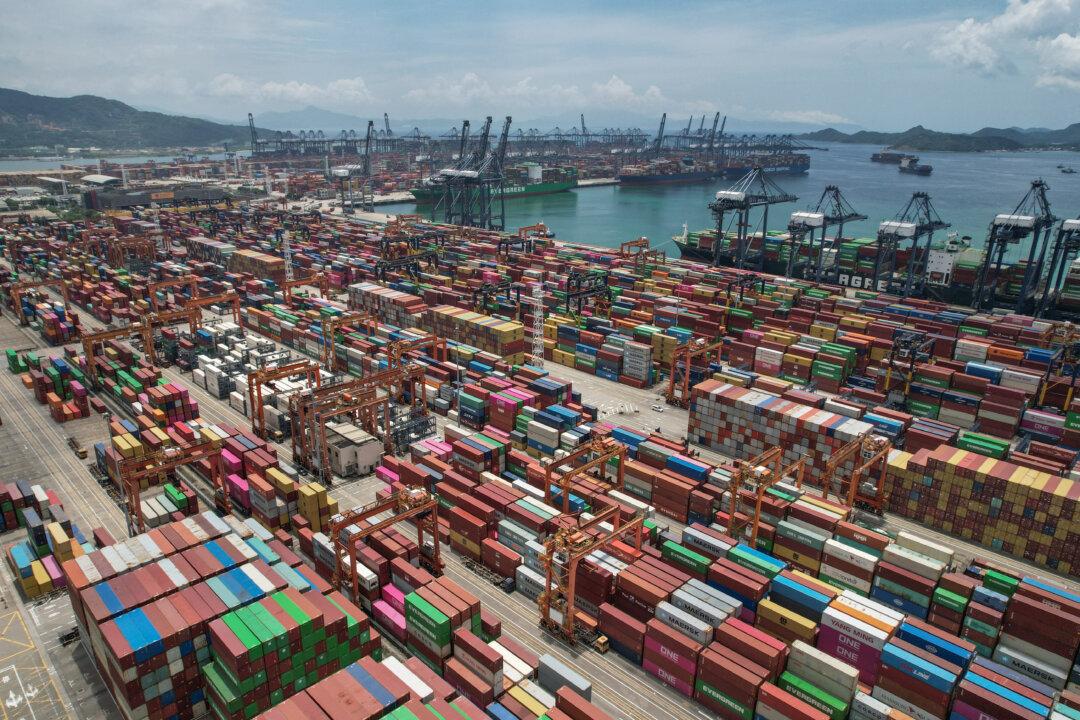Commentary
The U.S.–China Economic and Security Review Commission has called on lawmakers to end permanent normal trade relations (PNTR) with China.

The U.S.–China Economic and Security Review Commission has called on lawmakers to end permanent normal trade relations (PNTR) with China.